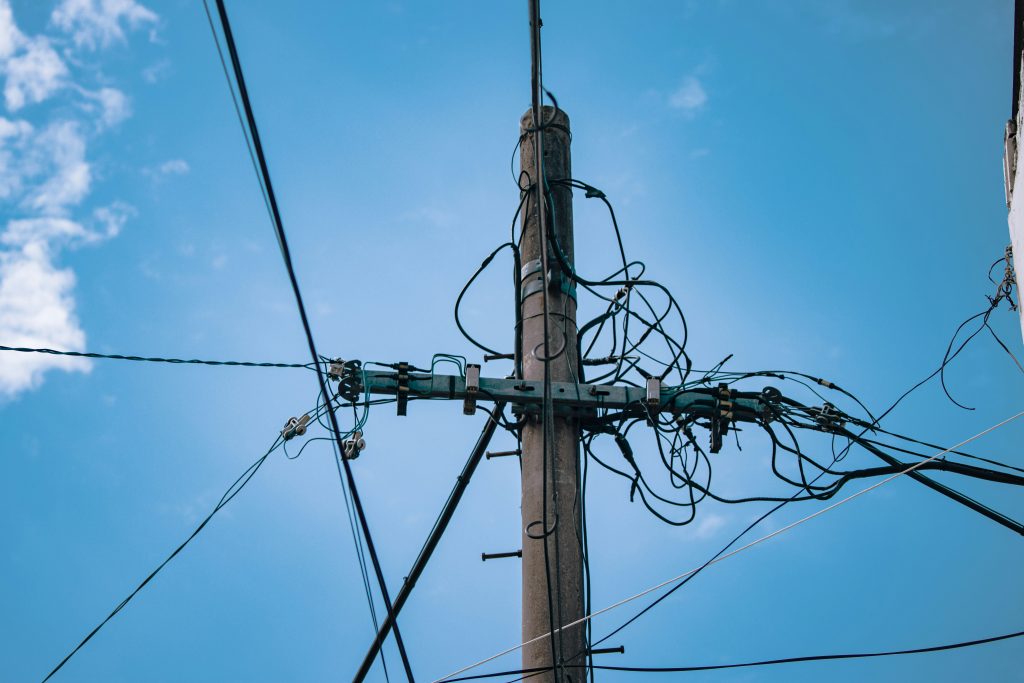Losing a loved one is never easy. And whilst you’re dealing with grief, the last thing you want to think about is money.
But here’s the reality: settling a deceased person’s financial affairs is one of those unavoidable tasks that needs handling. And if you’re reading this, you’re probably wondering: “Am I responsible for my loved one’s debts?”
Here’s the short answer: In most cases, you won’t personally inherit someone’s debt. Instead, any outstanding debts are paid from what’s called the deceased’s ‘estate’ before anything is passed on to beneficiaries.
But there’s more to it than that. And understanding exactly how this process works can save you considerable stress during an already difficult time.
Understanding the ‘Estate’ and How Debts are Handled
When someone passes away, everything they owned and owed gets bundled together into what’s legally known as their ‘estate’.
This includes:
- Assets: Property, savings, investments, cars, jewellery, and personal belongings
- Liabilities: Mortgages, credit cards, personal loans, utility bills, and any other outstanding debts
Here’s the crucial bit: Before anyone inherits a penny, all debts must be settled from the estate’s assets.
Think of it like this: The estate is a pot. Everything goes in – the good and the bad. The debts get paid from that pot first. Only then does whatever’s left get distributed according to the will (or the rules of intestacy if there’s no will).
The reassuring news? You’re not typically required to pay a deceased relative’s debts from your own pocket. The responsibility falls to the estate itself. If the estate doesn’t have enough to cover all debts, creditors generally can’t come after family members for the shortfall.
There are rare exceptions – like if you were a guarantor on a loan or held a joint debt – but for most people, the debt dies with the estate.
The Role of the Executor or Administrator
Someone needs to take charge of sorting out the estate. This person is called the ‘executor’ if they’re named in the will, or an ‘administrator’ if there’s no will.
This isn’t just a ceremonial role. It’s a serious legal responsibility.
The executor or administrator must:
- Identify and value all assets
- Track down all debts and creditors
- Use the estate’s assets to pay debts in the correct legal order
- Distribute what’s left to beneficiaries
It’s a big job. And it comes with personal liability if things aren’t done properly. For a full breakdown of the duties involved, the government provides comprehensive guidance on dealing with a deceased person’s estate.
For instance, if you distribute inheritance before paying all debts, you could be personally liable to creditors for those amounts. That’s why understanding the correct process is so important.
Many executors feel overwhelmed by this responsibility – especially when dealing with their own grief. But knowing the proper steps can make the process far more manageable.
The Order of Paying Debts: What Gets Paid First?
Not all debts are created equal. There’s a strict legal hierarchy for paying debts from an estate, and following this order isn’t optional – it’s the law.
Here’s how it works:
- 1. Secured Debts: Mortgages and other loans secured against property take priority. These must be dealt with first, often by selling the property itself.
- Funeral Expenses: The reasonable costs of the funeral come next. This ensures the deceased receives a proper send-off regardless of other financial pressures.
- Testamentary Expenses: These are the costs of administering the estate – solicitor’s fees, probate fees, and valuation costs. Yes, you need to spend money to sort out the money.
- Unsecured Debts: Everything else falls here- credit cards, personal loans, utility bills, and other everyday debts.
What if there’s not enough money?
If the estate’s debts exceed its assets, it’s called an ‘insolvent estate‘. In this case, debts are paid in the strict order above until the money runs out. Some creditors at the bottom of the list might get nothing.
The good news? If the estate is insolvent, beneficiaries don’t inherit the shortfall. The debts essentially die with the estate.
Inherited Property: The Key to Settling Estate Debts
For most estates, property is the elephant in the room. It’s often the most valuable asset – and frequently the only way to generate enough cash to clear significant debts.
This creates a common scenario: You’ve inherited a property, but you can’t actually keep it because it needs to be sold to pay the estate’s debts.
Even if the property has no mortgage, other debts might force a sale. Credit cards, personal loans, care home fees – they all need paying, and the property might be the only source of funds.
The traditional sale route presents real challenges:
Time is your enemy. The average property sale takes around 20-25 weeks. That’s five to six months where interest continues accumulating on debts, eating into the estate’s value.
Nothing is certain. Even after accepting an offer, around 30% of property sales fall through. Buyers change their minds. Mortgage applications get rejected. Chains collapse. Each failed sale means starting again, adding months to the process.
Costs mount up quickly. Estate agent fees typically run at 1.5% plus VAT. Add legal fees, EPC certificates, and potential repair costs, and you’re looking at thousands of pounds less for settling debts.
When you’re already dealing with grief and the pressure of settling an estate, these challenges can feel overwhelming.
A Fast, Certain Solution: Selling for Cash
There’s an alternative that many executors don’t know about: selling directly to a fast house buying company.
This isn’t about getting less for the property. It’s about speed, certainty, and removing stress from an already difficult situation.
Speed changes everything. Instead of waiting 20+ weeks, a cash sale can be completed in days. This stops interest accumulating and lets you settle debts quickly. The estate gets closed faster, and everyone can move forward.
Certainty removes the stress. A genuine cash buyer won’t pull out at the last minute. There’s no chain to collapse. No mortgage application to fail. When they make an offer, it’s guaranteed.
No hidden costs eating into the estate. Reputable cash buyers cover all fees. No estate agents.
No legal costs. The property can be sold as-is, meaning no money spent on repairs or renovations. Every pound goes towards settling debts and maximising what’s left for beneficiaries.
For executors juggling grief with legal responsibilities, this certainty can be invaluable.
How Property Rescue Can Help You Settle an Estate
When you need to sell an inherited property quickly to settle estate debts, Property Rescue offers a straightforward solution that addresses every pain point of a traditional sale.
We provide a free, no-obligation cash offer for your property, often within hours. Not days or weeks – hours. This means you can know exactly where you stand almost immediately, allowing you to plan the estate settlement with confidence.
We guarantee to buy your home, completing in a timescale that suits you – even in as little as 7 days. Need more time to clear the property? That’s fine too. We work to your timeline, not ours. The key is that once we’ve agreed, the sale is guaranteed.
There are no fees to pay. We even cover your legal costs. Every penny from the sale goes towards settling the estate. No estate agent commissions. No legal fees. No survey costs. This can mean thousands of pounds more available for clearing debts and maximising inheritance.
We buy properties in any condition, so you don’t need to worry about making repairs before you sell. Inherited properties often need work – outdated décor, deferred maintenance, or worse. With us, that’s not your problem. Sell it as it stands and move on.
Our process is confidential and managed by a friendly, experienced team who understand the challenges you’re facing. We’ve helped hundreds of executors through this process. We know it’s not just about the money – it’s about removing stress during a difficult time.
The difference this makes is profound. Instead of months of uncertainty, mounting costs, and accumulating interest, you get a clean, quick resolution that lets you fulfil your duties as executor efficiently and with minimal stress.
A Clear Path Forward
Let’s recap what we’ve covered.
When someone dies, their debts don’t simply disappear. They’re paid from the estate before any inheritance is distributed. As executor or administrator, you’re legally responsible for managing this process correctly, following the strict order of payment set out in law.
For many estates, selling property is the only way to generate enough cash to clear debts. But a traditional sale can take months, cost thousands, and might fall through at the last minute.
That’s where a cash sale becomes invaluable. It’s fast, certain, and cost-free – removing the three biggest obstacles to settling an estate efficiently.
You’re dealing with enough already. Grief doesn’t pause for paperwork. Legal responsibilities don’t wait for you to feel ready.
But you don’t have to navigate this alone. There are straightforward solutions available that can transform a complex, stressful process into something easily manageable. With our help you can instantly liquidate the property into cash, and finalise the affairs.
Get your free, no-obligation cash offer today by filling in our simple online form and take the first step towards peace of mind.
We understand this is a challenging time. Let us help you move forward with certainty and dignity, ensuring your loved one’s affairs are settled properly whilst minimising stress for everyone involved.









